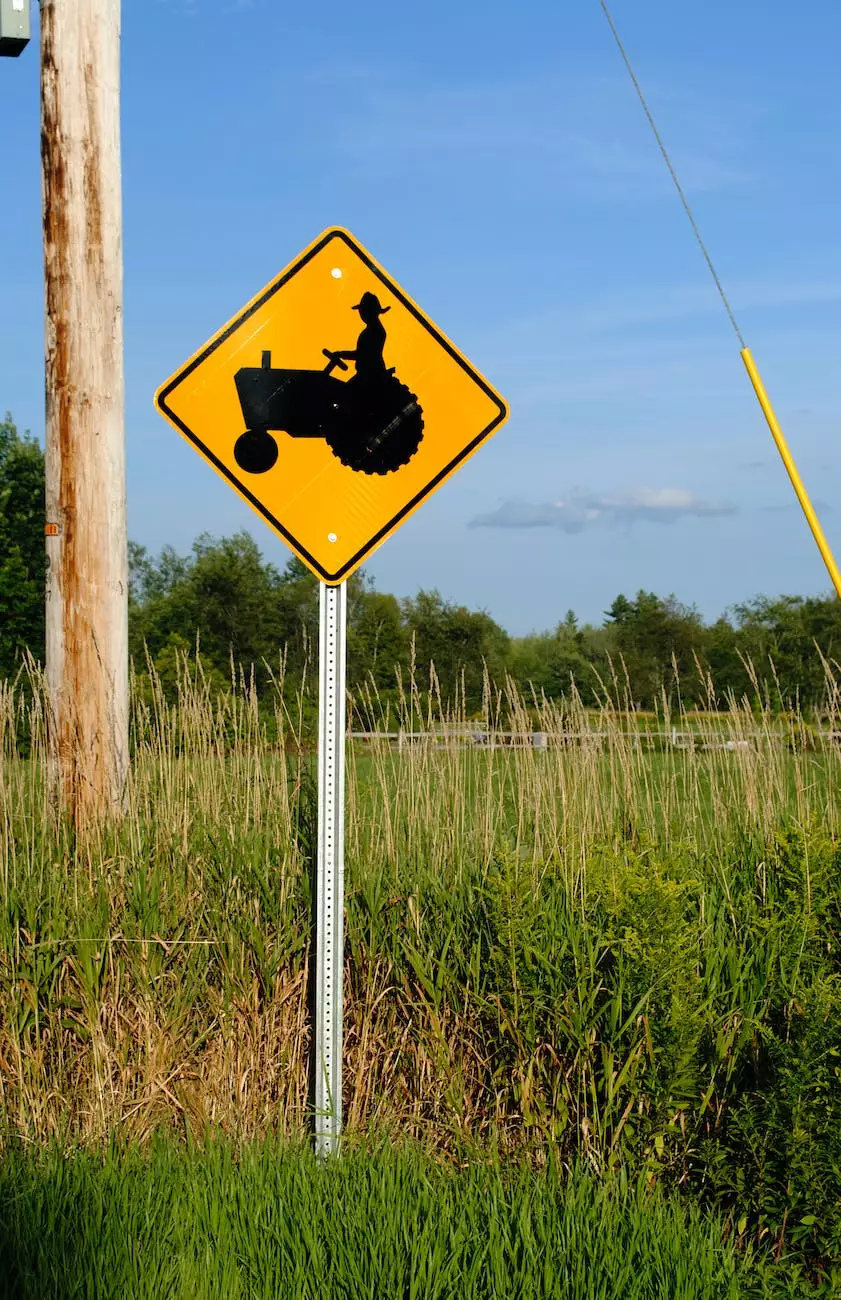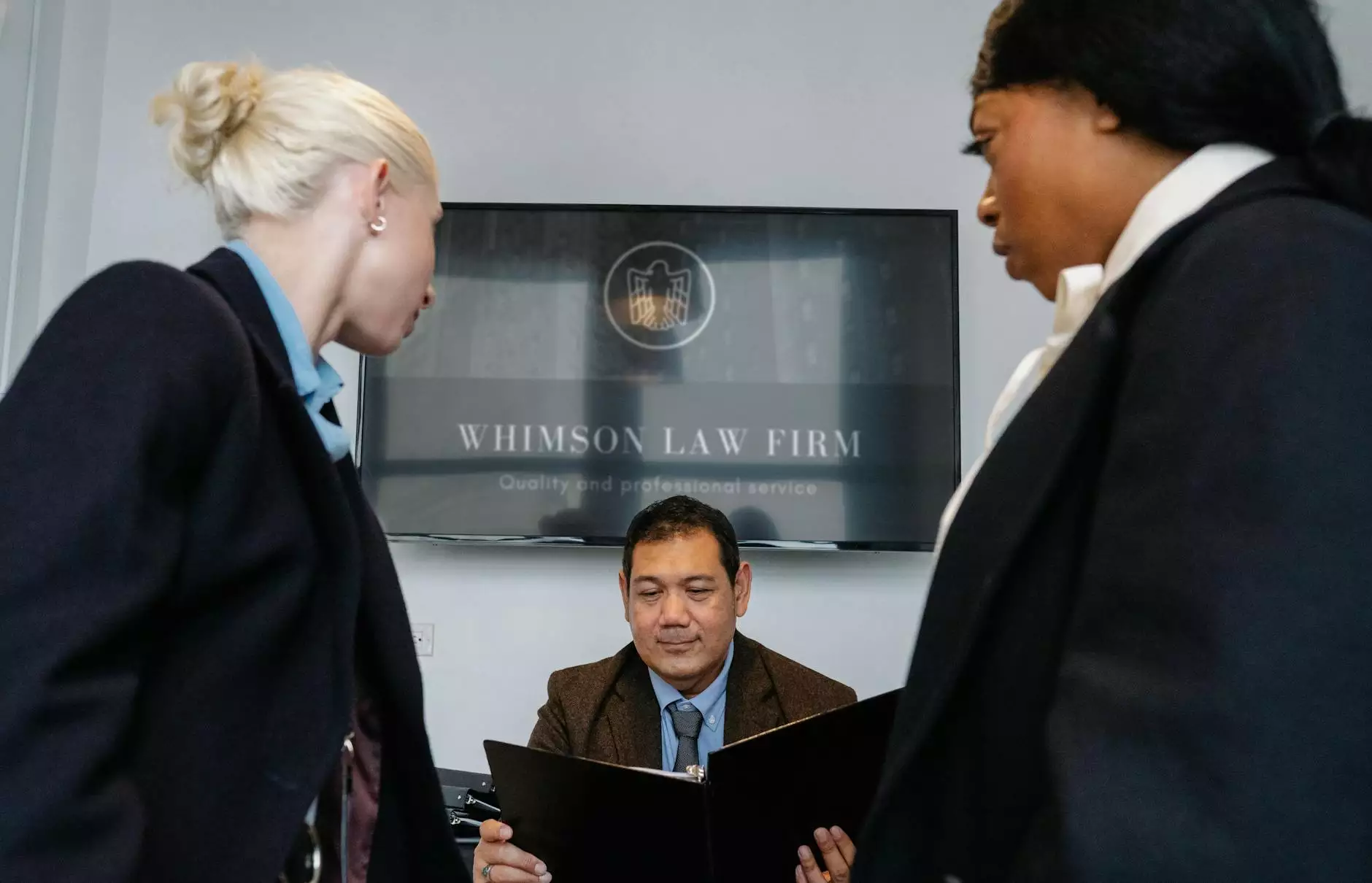Iowa Supreme Court Rules Automated Traffic Enforcement
News
The Background
In a landmark ruling, the Iowa Supreme Court recently addressed the contentious issue of automated traffic enforcement cameras. The ruling has had a significant impact on the legality and constitutionality of traffic tickets issued through automated means.
Understanding the Ruling
The Iowa Supreme Court's decision declared that the use of automated traffic enforcement cameras is constitutional under certain circumstances. The court emphasized the need for strict adherence to due process rights and noted that municipalities must ensure the cameras are used as a traffic safety measure rather than a revenue generation tool.
Implications for Traffic Violations
This ruling has far-reaching implications for individuals who have received traffic tickets through automated means in Iowa. It means that challenging the legitimacy of such tickets and the procedures followed becomes even more important. Here at Troy Powell Law Firm, we understand the intricacies of traffic violation cases and are well-equipped to provide expert legal advice and representation.
Troy Powell Law Firm - Your Legal Partner
Troy Powell Law Firm is a trusted name in the field of traffic law and government-related legal matters in Iowa. With years of experience and a proven track record, our team of dedicated attorneys is committed to fighting for the rights of our clients.
Unparalleled Expertise
When it comes to automated traffic enforcement cameras, our attorneys are at the forefront of the legal landscape. We have an in-depth understanding of the discretionary powers held by municipalities and the specific requirements that must be met to ensure a ticket is valid.
Comprehensive Representation
At Troy Powell Law Firm, we provide comprehensive representation to individuals who have received traffic tickets through automated means. Our lawyers will carefully review your case, examining various aspects such as the calibration of the cameras, the location of the alleged violation, and the chain of custody for evidence.
Customized Legal Strategies
No two traffic violation cases are the same. Our team works closely with each client, developing a customized legal strategy tailored to their unique circumstances. We explore all possible defenses, aiming to minimize the impact of the ticket on your driving record, insurance rates, and overall livelihood.
Contact Us Today
If you have received a traffic ticket issued through automated means in Iowa or have questions regarding the recent Iowa Supreme Court ruling, don't hesitate to contact us. Our experienced attorneys are here to provide guidance and advocate for your rights. Trust Troy Powell Law Firm to handle your traffic violation case with utmost professionalism and expertise.




